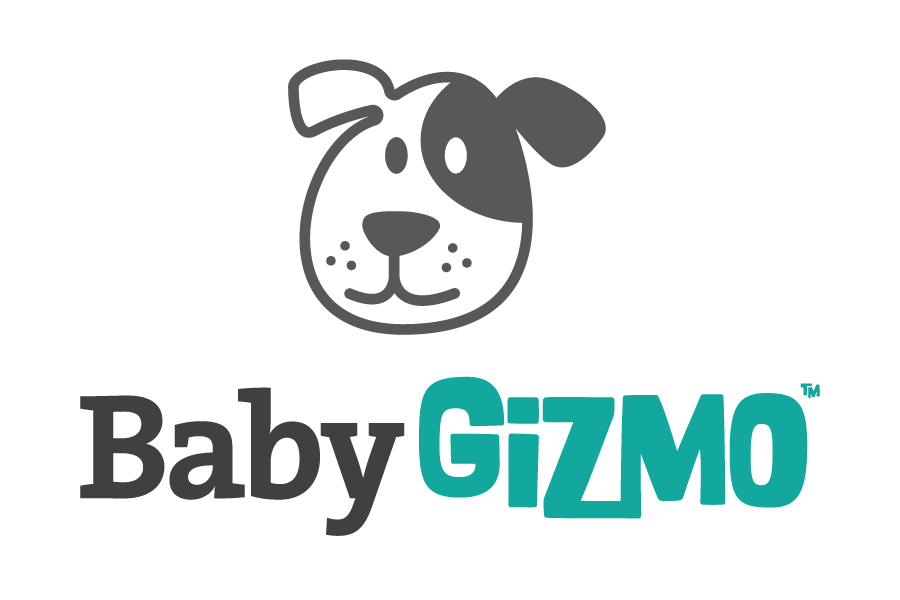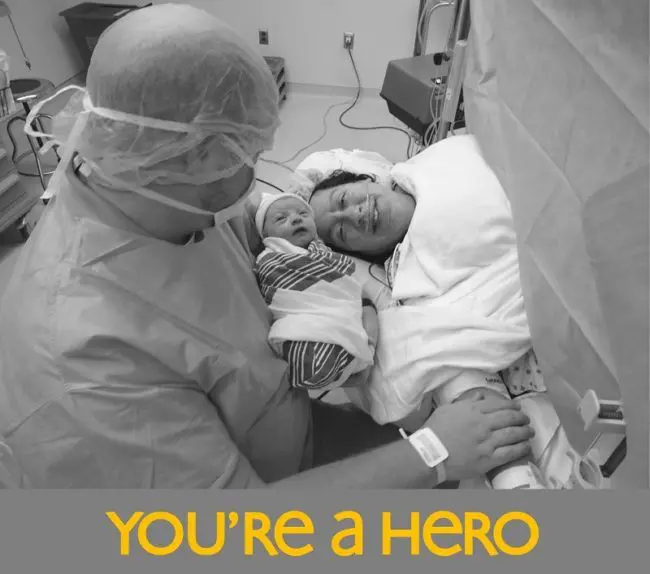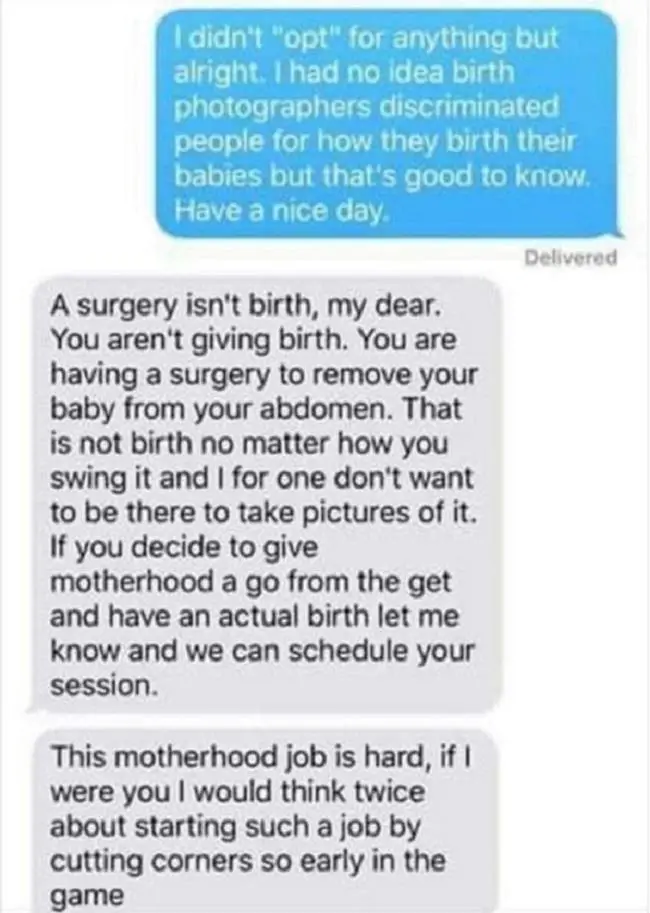Like many of us, when I was pregnant, I did a ton of reading about pregnancy and childbirth and how to take care of a newborn. I soon learned that, despite the fact that it seemed pretty simple on the surface, there were many (many) options for childbirth. I got the impression through my reading that natural childbirth (that is unmedicated childbirth overseen by a midwife) was best.
It was right up there with having a detailed and personalized birth plan, breastfeeding, cloth diapering, and wooden toys: clearly the better choice. When my friend’s wife gave birth to their baby, my husband told me he was in awe of her strength after a natural birth. He promptly said that there was no way I could handle doing the same. Part of me wanted to punch him, but most of me knew that this was a very true statement. “Better” choice or not, pain and I don’t get along, and giving birth without excellent pain meds was not going to be in my future.
Even though I thought birth plans were pretty silly (I was still operating with a “go to hospital, have baby however the medical professional says to, go home” plan), my doctor actually insisted that I have one. I had briefly considered the magic of a c-section in regards to the fact it meant I wouldn’t have to push a baby out of my vagina, which seemed pretty awesome.
Then I remembered how painful my previous (laparoscopic) uterine surgeries had been and how long recovery was and realized that, nope, probably shouldn’t schedule one of those. So I settled on a birth plan that included an epidural and vaginal delivery. Because of my previous experience with abdominal surgery, I said I wanted to do everything possible to avoid a c-section, no matter how much I didn’t really want to shove that kid out of my lady bits.
Wouldn’t you know that I ended up with a high-risk pregnancy that resulted in scheduling an induction before the 40-week mark? I ended up going into labor three days before the induction, though, and headed to the hospital. I was in labor for about nine hours—and had even done practice pushes and everything—when my doctor suddenly asked if anyone had ever told me that the baby’s cord was wrapped around its neck.
I pointed out that I’d had seven ultrasounds and nope, no one had said that. He decided that an emergency c-section needed to be done immediately and I was in the operating room within minutes. I always laugh at my husband’s favorite post-birth photo because I was sooooo drugged out when he took it.
But here’s the important point to my story (aside from the fact that the doctor was right and the cord was wrapped around my daughter’s neck and thanks to his intervention, she was perfectly fine). You may be wondering why my husband was taking pictures and why I didn’t have a birth photographer. Well, first, I’m more private than that, so no. Second, it wasn’t quite as big of a thing five years ago as it is now. And third? Apparently, I didn’t actually give birth.
Baby Gizmo shared this image, as did multiple other parenting websites I follow. There’s some debate as to whether it’s a hoax, but even if it is, the sentiment of a c-section not being “real” birth is out there. I came across it when I was pregnant and after I gave birth. I know women who feel cheated of a true birth experience because they were not able to deliver their baby vaginally, and I know women who militantly defend their c-section on message boards and in Facebook groups.
People. Seriously?
It does not matter how your baby came to be. If you were able to conceive without medical intervention or if you needed assistance to bring life into the world, you are a hero. If your body nourished your baby from conception until birth, you are a hero (even if your body made every effort to make you ill or kill you in the process).
If your body was strong enough to go through a natural childbirth, if you delivered your baby vaginally with the help of medication, or if you required the assistance of surgeons to deliver your baby, you are a hero. If you suffered the loss of your child—and pain so great I cannot even imagine it—you are a hero. If you gave birth to a someone else’s baby either as a birth mother or a surrogate, you are a hero. If you adopted or fostered or are caring for a baby birthed by someone other than yourself, you are a hero.
The one thing—the only thing—that this photographer got right is that “[t]his motherhood job is hard.” It is. And those who undertake the role of parent—by whatever means they get there—are heroes. We’re all in the trenches together, and we get it. The crying and the sleep deprivation and the feeding and the diaper changing and the worrying and the loving. We parents are all in this together and it’s past time that we started acting like it.
(Besides, if we all had the same birth story, how could I entertain you and completely freak you out by talking about what happened when my c-section wound opened up the day after I was discharged from the hospital and the doctor decided not to close it? Ah, memories.)


